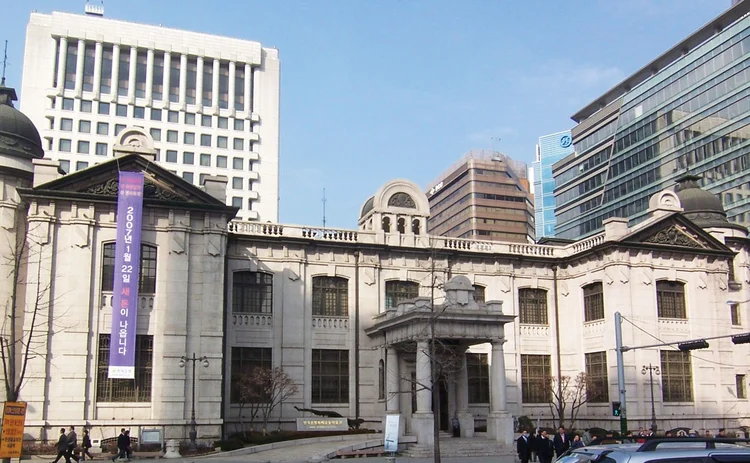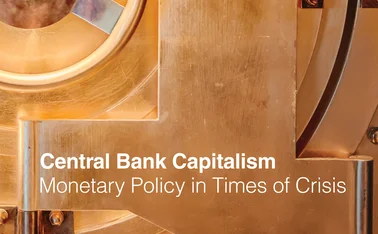
Outflows during normalisation proportional to earlier inflows, paper warns
Working paper examines the effects unconventional monetary policies have on capital flows

The larger the capital inflows into emerging markets on account of unconventional monetary policy, the larger the capital outflows will be during normalisation, a working paper published by the Bank of Korea suggests.
Sangwon Suh and Byung-Soo Koo assess the effects of unconventional policies in advanced economies on capital flows to emerging markets, and "predict the effects of its normalisation".
The policies influence capital flows "greatly" via cross-border borrowings and bond channels but
Only users who have a paid subscription or are part of a corporate subscription are able to print or copy content.
To access these options, along with all other subscription benefits, please contact info@centralbanking.com or view our subscription options here: subscriptions.centralbanking.com/subscribe
You are currently unable to print this content. Please contact info@centralbanking.com to find out more.
You are currently unable to copy this content. Please contact info@centralbanking.com to find out more.
Copyright Infopro Digital Limited. All rights reserved.
As outlined in our terms and conditions, https://www.infopro-digital.com/terms-and-conditions/subscriptions/ (point 2.4), printing is limited to a single copy.
If you would like to purchase additional rights please email info@centralbanking.com test test test
Copyright Infopro Digital Limited. All rights reserved.
You may share this content using our article tools. As outlined in our terms and conditions, https://www.infopro-digital.com/terms-and-conditions/subscriptions/ (clause 2.4), an Authorised User may only make one copy of the materials for their own personal use. You must also comply with the restrictions in clause 2.5.
If you would like to purchase additional rights please email info@centralbanking.com test test test







